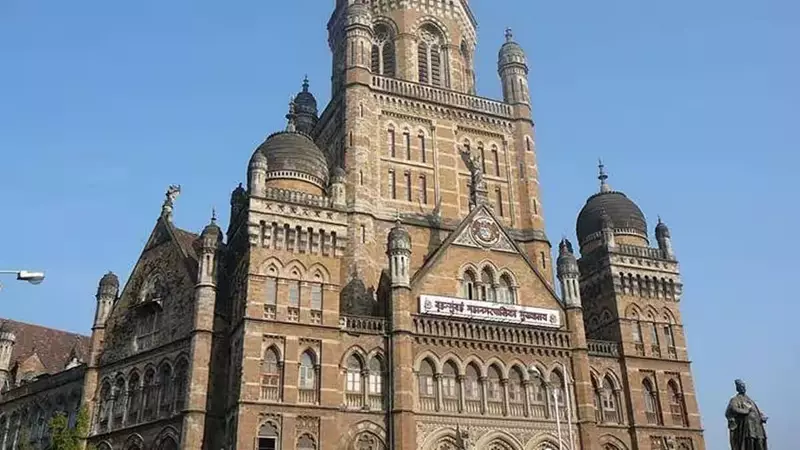
The recent Brihanmumbai Municipal Corporation lottery draw has dramatically altered Mumbai's political landscape, leaving numerous experienced corporators scrambling to adapt to new electoral realities. Conducted on Tuesday, November 12, 2025, the random selection process determined reservation categories for all 227 wards in the upcoming civic polls, effectively upending established political strongholds across the city.
The Lottery Process and Its Immediate Impact
During the highly anticipated event, ward numbers were placed in a transparent box and selected at random under full public view. The exercise, overseen by civic authorities and State Election Commission officials, assigned reservations for women, Scheduled Castes (SC), Scheduled Tribes (ST), and Other Backward Classes (OBCs) across Mumbai's electoral wards.
The system mandates that specific wards under reservation change every election cycle, though the total number of reserved seats remains fixed according to population proportions. This constitutional requirement stems from the 73rd and 74th Amendments, which empower state governments to reserve and periodically rotate seats for women and disadvantaged groups in urban local bodies.
Constitutional Framework and Unique Local System
Unlike elections for the Lok Sabha and State Assemblies, which operate under different constitutional provisions, Mumbai's municipal elections feature this unique rotation system. Articles 330 and 332 of the Constitution govern parliamentary and assembly elections, providing fixed reservations for SC and ST constituencies determined by the Delimitation Commission.
This local government mechanism ensures no ward remains permanently closed to any candidate category, promoting equitable representation across the city over time. For women specifically, while rules initially called for one-third reservation, a 2011 amendment increased this to 50 percent representation.
Political Fallout and Corporator Concerns
The reshuffle has generated significant concern among sitting corporators, many of whom now find themselves unable to contest from seats they've represented for years. Sachin Padwal, a former corporator from Sena UBT, described the system as often rendering capable corporators into forced retirement.
"Owing to the change in reservation, experience gets stolen from good corporators for no fault of their own," Padwal stated. He suggested increasing the number of nominated corporators as one method to ensure fairness to deserving candidates.
Political data analyst Hitesh Jain highlighted another consequence: "Owing to the uncertainty posed by the lottery-based reservation, several corporators end up investing their energies in neighbouring wards which takes away focus from their actual wards." Jain noted that this dynamic ultimately affects decision-making processes throughout the city.
Adaptation Strategies and Expert Perspectives
Political parties have developed specific strategies to navigate these periodic reshuffles. When male corporators find their wards reserved for women, they frequently field female relatives as proxy candidates. When facing category changes, sitting corporators typically shift to adjacent constituencies within their sphere of influence.
Former Congress corporator Asif Zakaria explained: "When dealing with a major reshuffle, political parties choose to bank on their most popular faces, allotting them seats outside their traditional domain." Parties depend on recognizable figures who have demonstrated their ability to assist constituents, even in unfamiliar territories.
The BMC system allows for five nominated corporators, providing a potential pathway for experienced politicians displaced by reservation changes. However, with limited slots available, only a fortunate few benefit from this provision.
Despite the challenges it creates for individual politicians, many experts defend the system's fundamental purpose. Political observer Surendra Jondhale emphasized: "While a contender may get impacted, the system is crucial to ensure that the democratic principle of larger representation remains intact." Jondhale stressed the transparency of the lottery process, conducted openly and fairly for all to witness.
The reservation rotation continues to serve as a dramatic reset button for Mumbai's political landscape, ensuring broader representation while compelling established politicians to constantly prove their relevance to evolving constituencies.






